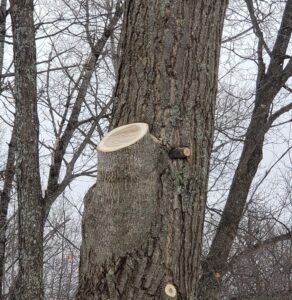By Bill McNee, DNR Forest Health Specialist, Oshkosh
bill.mcnee@wisconsin.gov or 920-360-0942
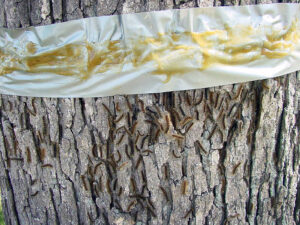
Spongy moth caterpillars clustered below a sticky barrier. Photo: Mark Guthmiller, Wisconsin DNR
This June and July, spongy moth populations are predicted to reach damaging levels in parts of Wisconsin. Populations began to rise in 2020, and this is likely to be the third year of the pest outbreak in some regions of southern Wisconsin.
At present, damaging populations are expected to be most noticeable in southern counties, counties to the north of the city of Green Bay, and in far northern Wisconsin near Lake Superior. Additional areas are likely to have high populations that are more concentrated in size.
Continue reading “Prepare — Spongy Moth Caterpillars To Return”

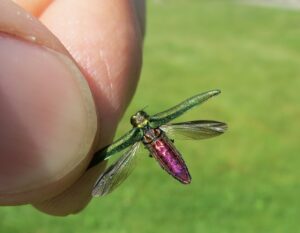
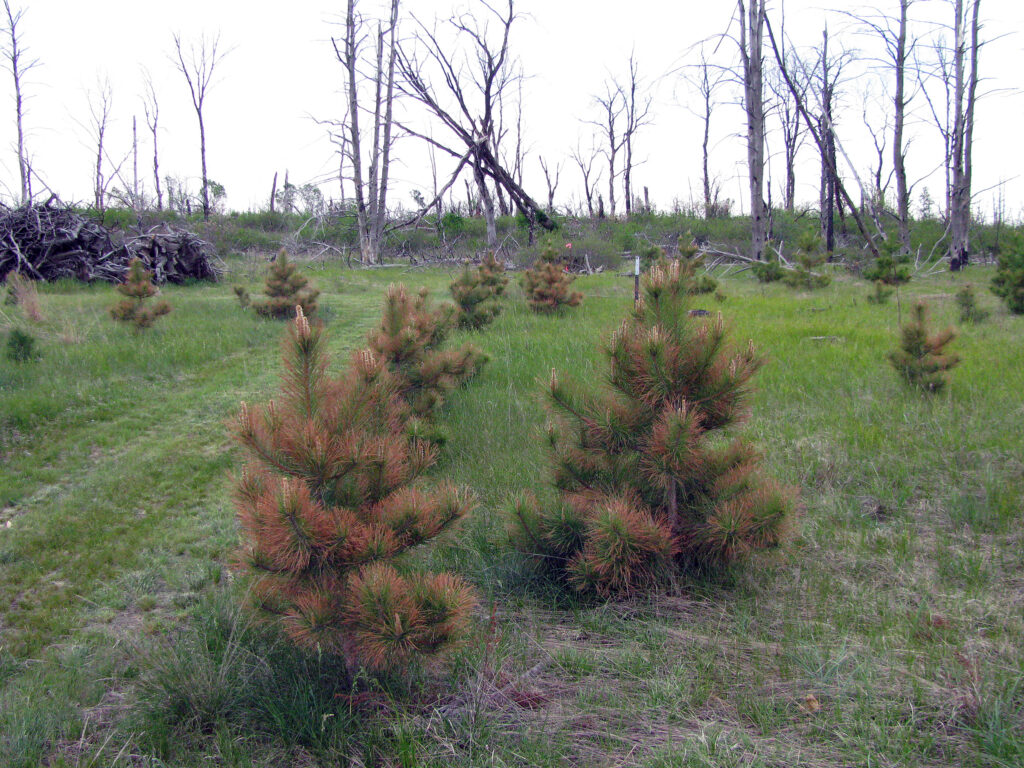
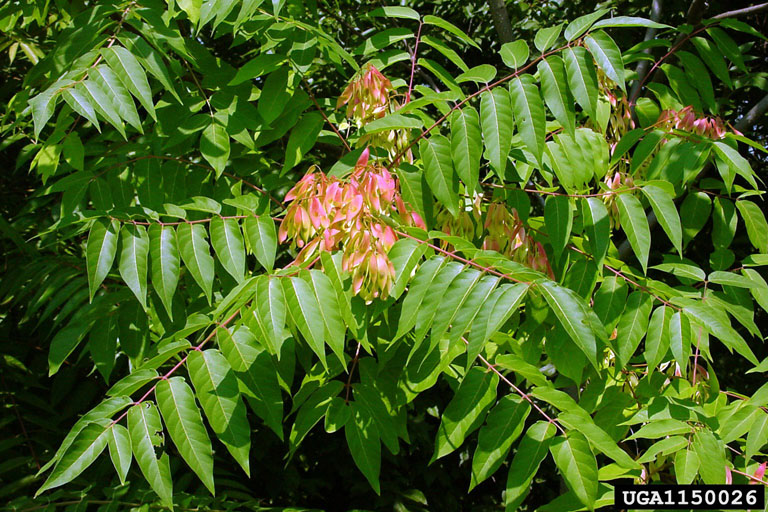
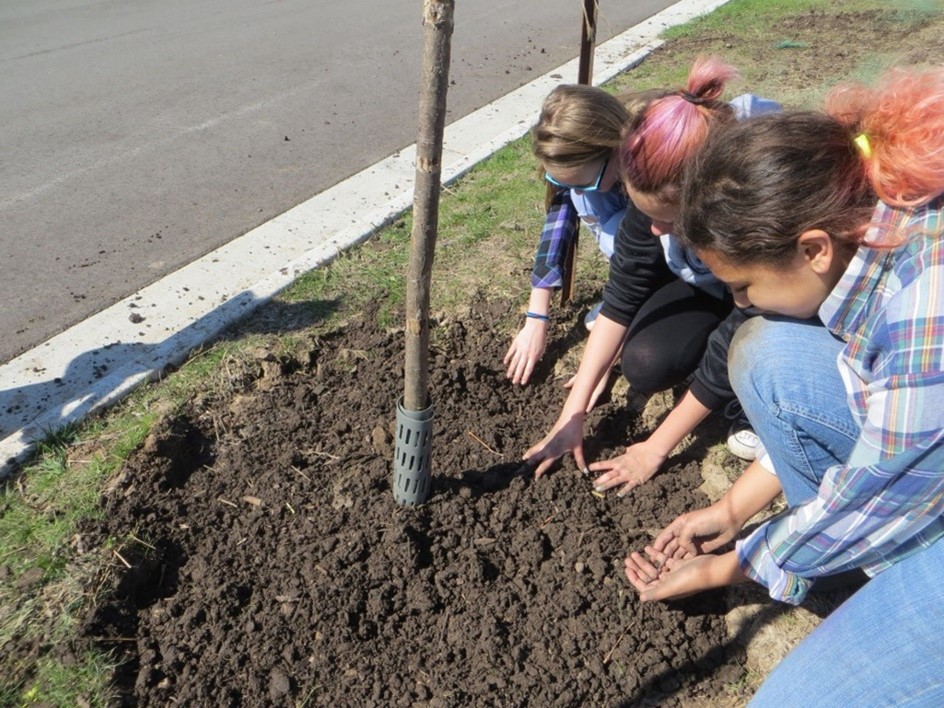 This year, Arbor Day will be observed in Wisconsin on Friday, April 28. Please see below for some tips for planning your own celebration.
This year, Arbor Day will be observed in Wisconsin on Friday, April 28. Please see below for some tips for planning your own celebration.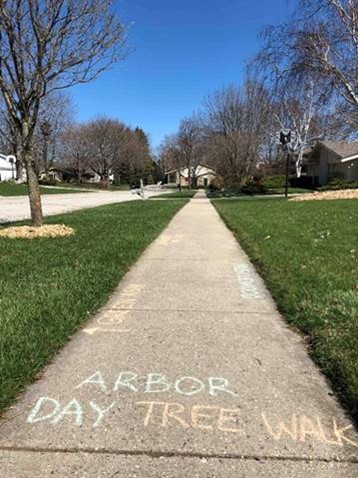 Keep reading for a variety of ideas with differing levels of involvement, from in-person events to social media and more. Feel free to use none of these ideas or all of them and change them in any way you like. Use them as a starting point and make them your own or post them as-is.
Keep reading for a variety of ideas with differing levels of involvement, from in-person events to social media and more. Feel free to use none of these ideas or all of them and change them in any way you like. Use them as a starting point and make them your own or post them as-is.